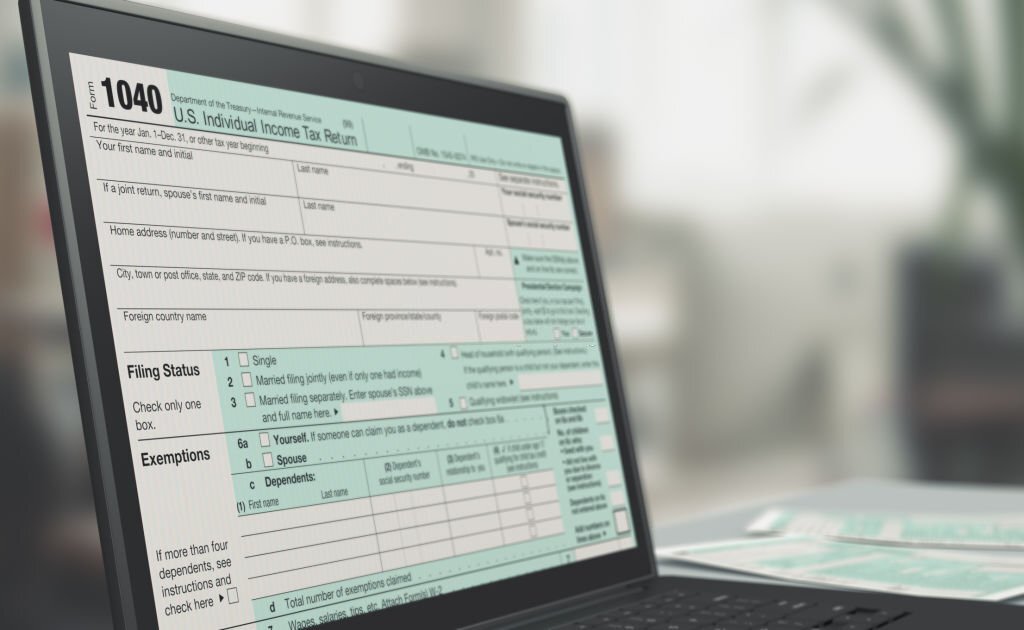The 2023 tax-filing season will open on Jan. 23—the day in which the IRS will begin accepting and processing 2022 tax year returns, the agency said on Thursday.
The IRS said it is expecting more than 168 million individual tax returns to be filed this year, with the majority of those returns coming before the April 18 tax deadline. Taxpayers have three extra days to file in 2023 due to the calendar.
The Jan. 23 start date for individual tax return filers gives the IRS time to perform annual updates and readiness work that are critical to ensuring its systems run smoothly, the agency said. Many software providers and tax professionals have already begun accepting tax returns, and they will transmit those returns to the IRS when the agency begins accepting tax returns on the 23rd.
After a 2022 tax season that was again marred by paper processing delays and inadequate customer service, the IRS has hired more than 5,000 new telephone assistors and added more in-person staff to help support taxpayers thanks to the funding it received from Congress after the passage of the Inflation Reduction Act last August.
“This filing season is the first to benefit the IRS and our nation’s tax system from multiyear funding in the Inflation Reduction Act,” Acting IRS Commissioner Doug O’Donnell said in a written statement on Jan. 12. “With these new additional resources, taxpayers and tax professionals will see improvements in many areas of the agency this year. We’ve trained thousands of new employees to answer phones and help people. While much work remains after several difficult years, we expect people to experience improvements this tax season. That’s just the start as we work to add new long-term transformation efforts that will make things even smoother in future years. We are very excited to begin to deliver what taxpayers want and our employees know we could do with this funding.”
The IRS is urging taxpayers to have all the information they need before they file a tax return. Filing a complete and accurate tax return can avoid extensive processing and refund delays, as well as avoid the possibility of needing to file an amended tax return, the agency said.
In addition, the IRS recommends that taxpayers carefully review their tax situation to make sure they do not overlook important tax credits they may be eligible for, such as the Earned Income Tax Credit (EITC). The IRS has set a special day on Jan. 27 to encourage people to make sure they understand the important benefits of the EITC, a credit that can help low- and moderate-income workers and families.
The tax due date is Tuesday, April 18, instead of April 15, because of the weekend and the District of Columbia’s Emancipation Day holiday, which falls on Monday, April 17. By law, Washington, DC, holidays impact tax deadlines for everyone in the same way as federal holidays. Taxpayers requesting an extension will have until Monday, Oct. 16, to file.
Thanks for reading CPA Practice Advisor!
Subscribe Already registered? Log In
Need more information? Read the FAQs
Tags: Benefits, Income Taxes, IRS




